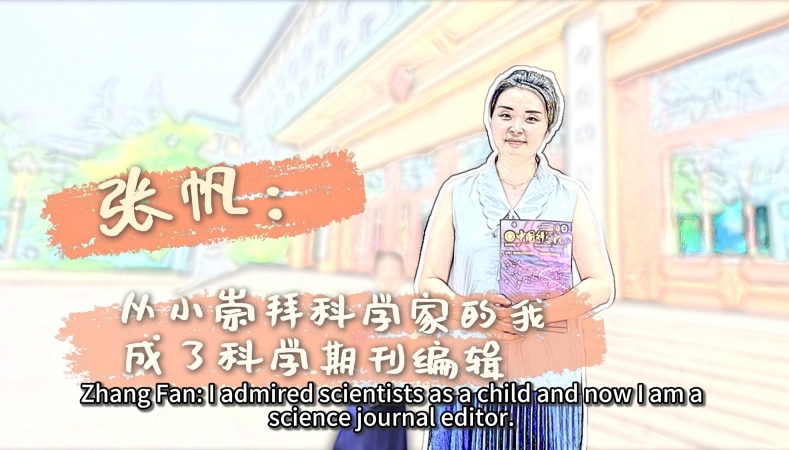An Unforgettable Experience in Yunnan

Dr. Eckehard Scharfschwerdt. (COURTESY PHOTO)
By BI Weizi & WANG Xiaolan
Dr. Eckehard Scharfschwerdt comes from a small town in Germany. In his childhood, his parents would take him to visit other European countries, where he enjoyed meeting people and learning about different cultures. After graduating from the University of Göttingen with a degree in medicine, he participated in medical aid projects in Indonesia and Nepal. In October 2001, through MSI Professional Services, he moved to Yunnan province, China, where he worked for 15 years in three county hospitals, and was affectionately known by the Chinese people as the "German Bai Qiuen" (the famous Canadian doctor Norman Bethune).
Rising to the challenge
Yunnan is a remote and less-developed region, home to many ethnic minorities. Sixty percent of the population in Heqing County are Bai people and five percent are Yi people. "The medical equipment was rudimentary and practitioners were undertrained back then," said Dr. Scharfschwerdt, recalling his first impression of Heqing County People's Hospital. Instead of retreating from challenges, he was determined to contribute all he could to help the locals, who were, in his words, "Honest and hospitable."
Given the lack of skilled doctors, he referred to many of medical materials and prepared first aid lessons based on local conditions to transfer his medical skills to local doctors. "With the help of many short-term doctors and nurses from other countries and regions, we trained many health care staff. I conducted altogether one hundred one-week courses in 15 years," he said.
Lending goats project
In addition to medical treatment, Dr. Scharfschwerdt also helped the villagers in Honghe County to carry out some poverty alleviation projects, one of which is known as "lending goats". He bought some goats and lent them to the families with the most urgent needs. Villagers were only required to return the same number of goats that they were lent and kept the new born animals for themselves.
In order to make the project work optimally, he went to the mountains to conduct surveys, learned about goat types and prices from herders, and found the most suitable ones that could be lent to local households. Ultimately, he purchased 145 goats and lent them to 28 families. Worried about the difficulties villagers would encounter in raising goats, he learned about breeding and conducted training for villagers, teaching them to use silage technology to store summer grass for winter feed. By the end of this project, the villagers' living standards had been improved a lot and he had become something of a farming expert.
The new rural cooperative medical insurance
Being a witness to China's rapid development in most areas for the past decades, Dr. Scharfschwerdt was deeply impressed by the Xinnonghe project (a new rural cooperative medical insurance). "The farmers only pay 10 RMB, and the government pays 40 RMB, and they have basic health insurance for the next year. Xinnonghe benefits the people," he said.
China has always been improving its medical system, and the difficulty and cost of medical treatment for the people has been greatly resolved, while the cure rate of diseases has also been increasing, said Dr. Scharfschwerdt, who added that the Chinese government has supported the development of education with much effort. He has witnessed many children coming out of the mountains and going to university in the city, and their families' livelihoods have been improved as a result.
Now back in Germany, Dr. Scharfschwerdt's experience of working and living in China has been unforgettable. "I spent my prime years in Yunnan and have built deep bonds with people there. Yunnan is my second hometown. I hope to return to Yunnan soon to see the new changes there," he said.
The article is also contributed by Yunnan Provincial Science and Technology Department.


